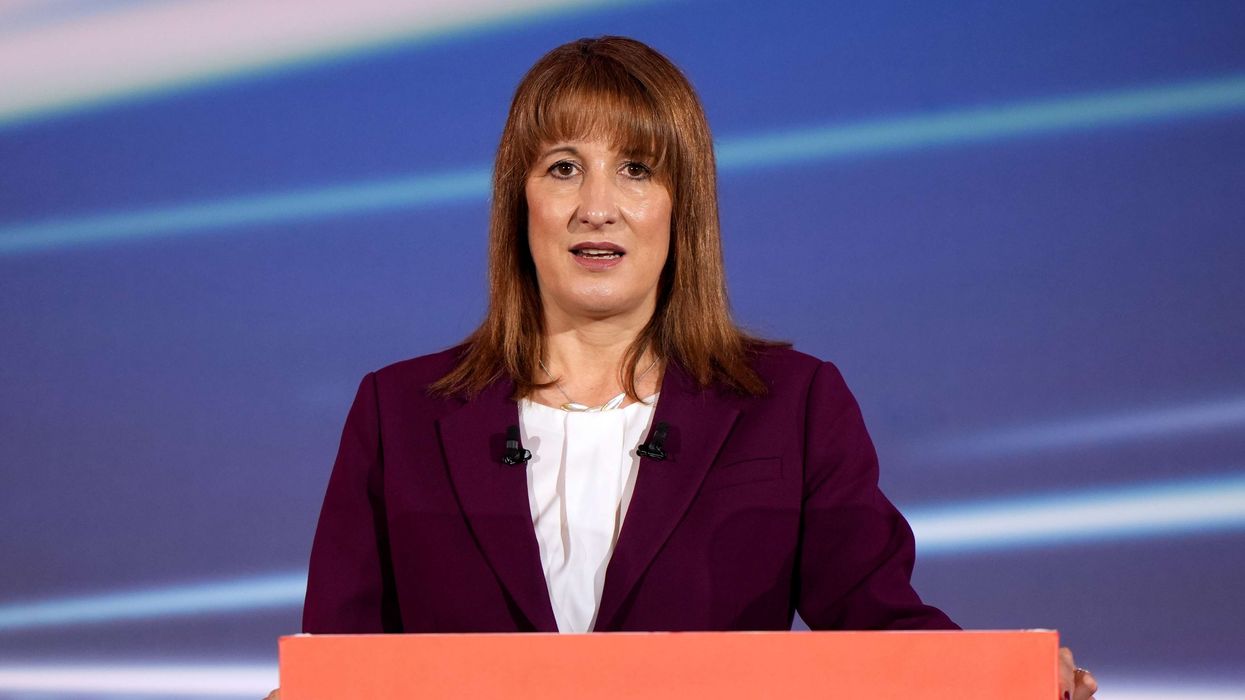Indian companies in the UK, with a cumulative turnover of £41.2 billion, employed 110,793 people in 2020, compared with 104,783 employment they generated in 2019, said a latest report.
The seventh edition of 'India meets Britain' report by the Grant Thornton UK, in collaboration with the Confederation of Indian Industry (CII), analysed data from 842 companies.
The report also found out that these companies paid almost £462 million in corporation tax compared with £684 million in 2019 and £360 million in 2018.
According to the report, India-owned Energy Efficiency Services Ltd (EESL) is the fastest-growing Indian company in the UK. It would invest £100 million in the UK over three years to promote and implement low-carbon, energy-efficient, renewable energy solutions. Its JV, EESL EnergyPro Assets Ltd made several acquisitions in 2019 resulting in a growth rate of 715 per cent, the report said.
Technology and telecom firms such as Route Mobile UK, Dhoot Transmission (UK) Ltd, Incessant Technologies are the other fast growing companies. New entrants in the 'growth' list are Evolutionary Systems Co Ltd and Rategain Technologies Ltd. The report predicts that Olacabs and Brilliant Basics would make significant impact going forward.
The report also said that 54 per cent of Indian companies are based in London.
Anuj Chande, Partner and Head of South Asia Group at Grant Thornton UK LLP, said: “The COVID-19 pandemic has diverted attention from the UK’s ambition to negotiate a trade deal with India. While a UK-India trade deal will take time to negotiate, the UK will continue to provide an excellent environment for international businesses and offer many benefits to Indian investors. In addition, the depreciation of the pound continues to make the UK a particularly favourable investment destination."
“We anticipate new Indian investments as both the UK and Indian economies start to re-emerge from the shadow of this pandemic. The most successful Indian businesses look at their UK investments from a long-term perspective and not for short-term gains.”
“The report showcases the continued strength of UK-India trade and the importance of India as one of our most critical bilateral investors and job creators, supporting over 100,000 jobs, with half of them outside London," said minister for investment, Gerry Grimstone.
“More trade is essential if the UK is to overcome the unprecedented economic challenge posed by Coronavirus. The crisis has shown us the importance of keeping trade flowing and building diverse supply chains that are robust in a crisis.”
The former high commissioner of India to the UK, Ruchi Ghanashyam, said: “I am delighted to note that Indian investment into the UK remains robust and it continues to generate record jobs for the UK. The overall numbers of Indian contribution if you include the Indian diaspora contribution is significant and I can only foresee this rising in the years to come.”













